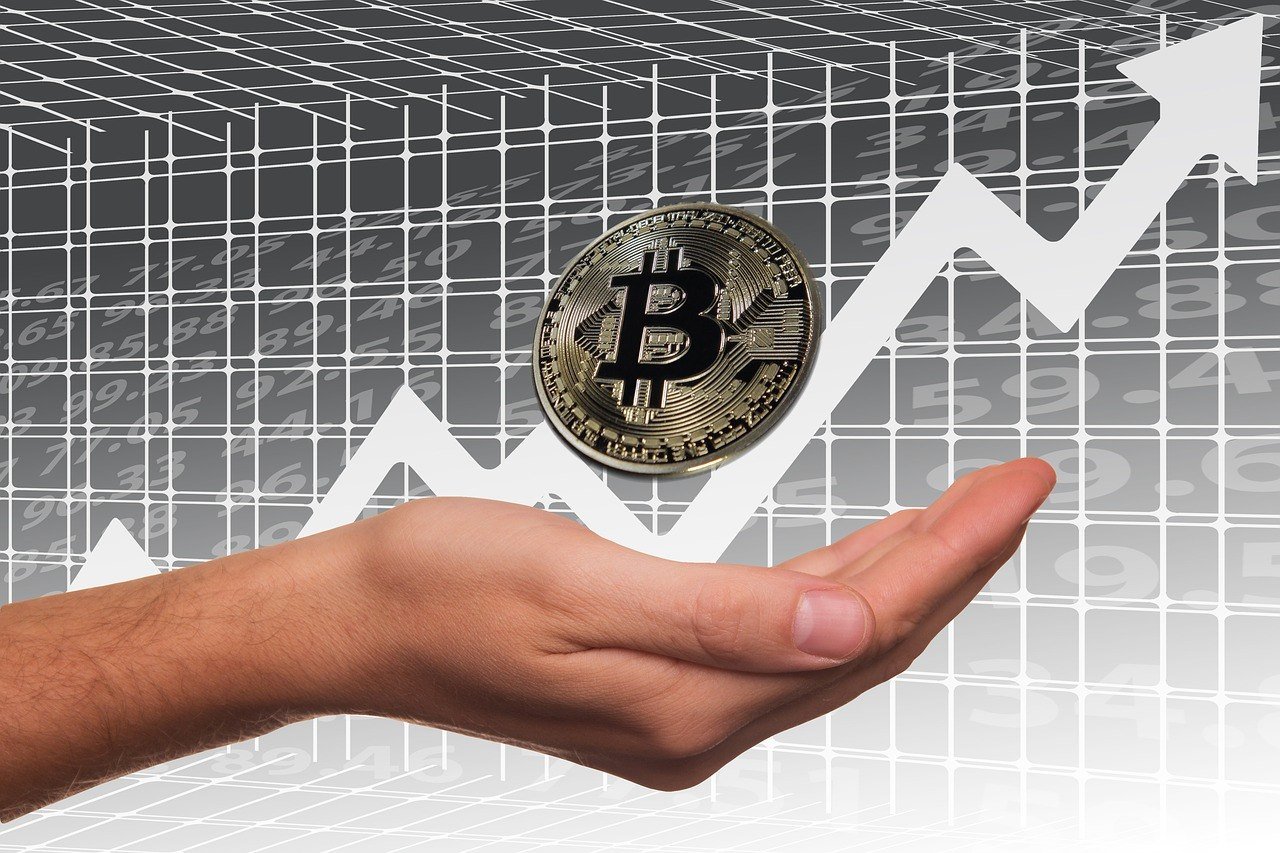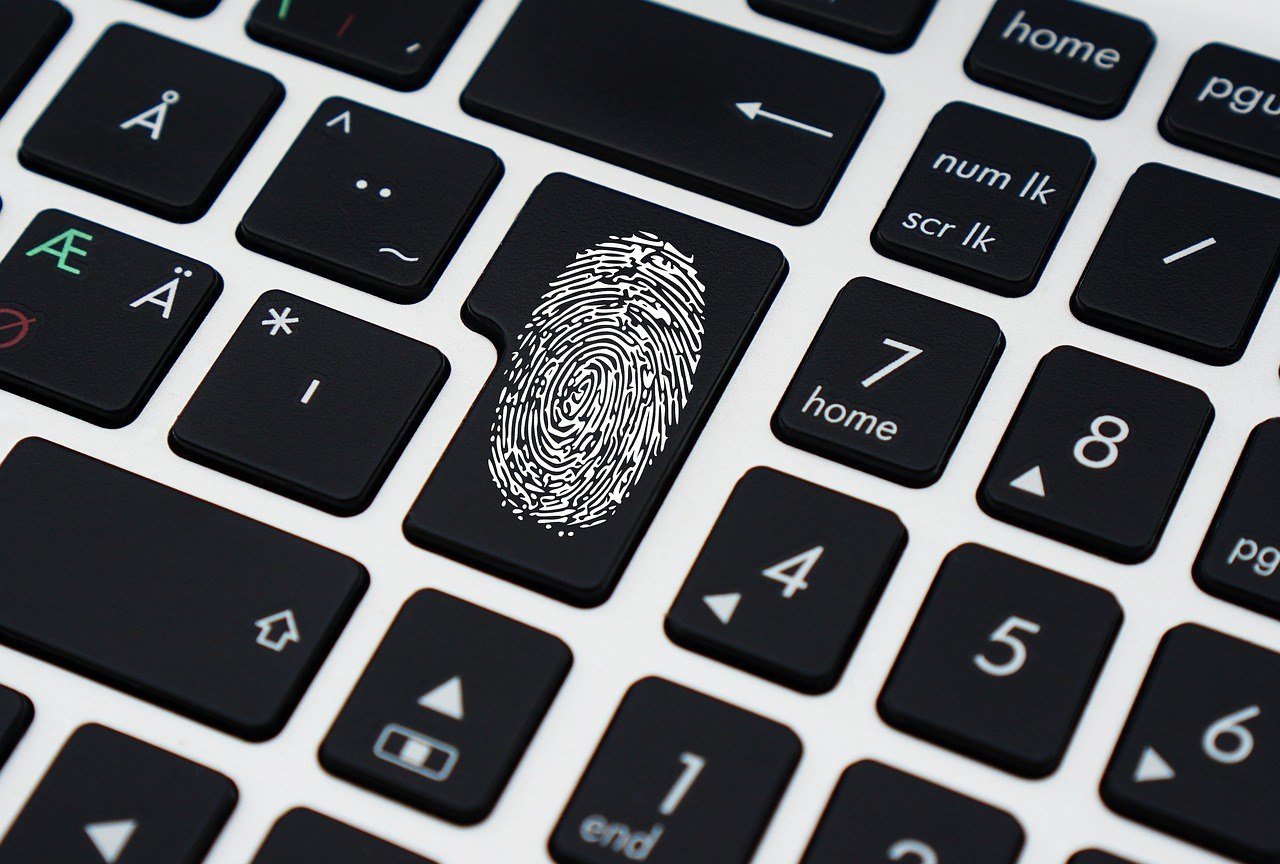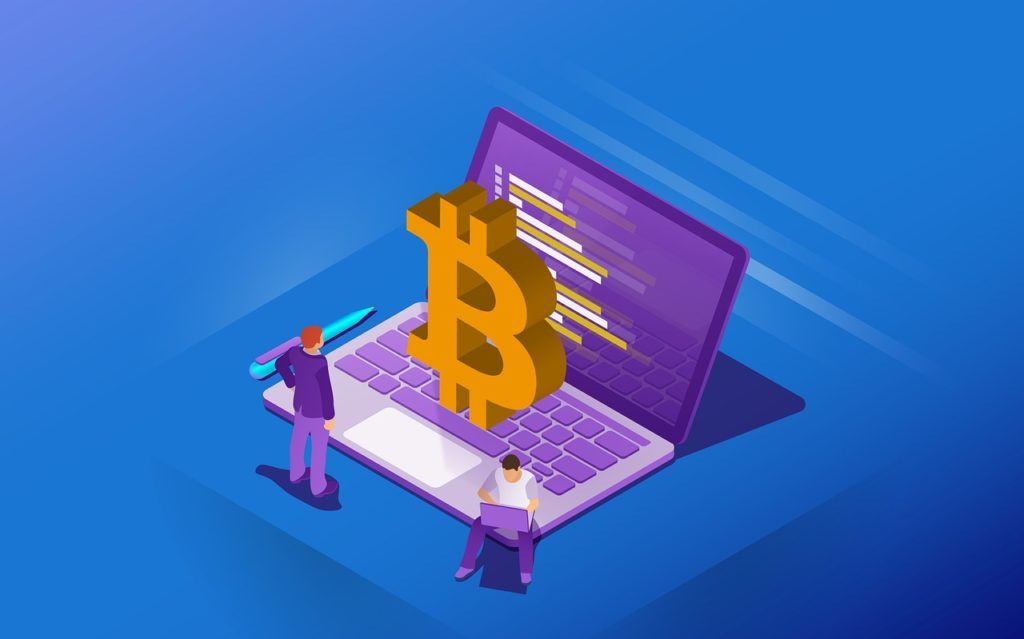What is Bitcoin?
Bitcoin is digital currency and a consensus network that enables the storage and exchange of value among anyone on the Bitcoin network. It has so far stood the test of time as the first decentralized peer-to-peer payment system does away with central authorities or middlemen as well as solving the double spending problem.
Who created Bitcoin?
Wei Dai, a computer engineer and cypherpunk in 1998 described the word “cryptocurrency” on the cypherpunks’ mailing list. He suggested the idea of a new form of money where transactions are controlled using cryptography other than a central authority. Bitcoin is the first proof of concept/implementation of this idea, which was published on a popular cryptography mailing list by Satoshi Nakamoto in 2009. Since Nakamoto left around late 2010, the developer community has continued to see an exponential growth.
Who controls the Bitcoin network?
Bitcoin is not owned by anyone, or government. It is controlled in a decentralized manner by all users across the globe on the Bitcoin network. Although updates to the Bitcoin software are done by the developers, it is not possible for them to force a change on the protocol, considering that all participants have a choice of what software version to use. The Bitcoin community is strongly incentivized and nobody wants to go contrary to consensus.
How does Bitcoin work?
All transactions carried out on the Bitcoin network are stored on a public ledger called “blockchain”. Every block of transactions are linked in a chain to ensure tamper evidence, hence “blockchain”. Every node (computer) on the network has a copy of this public ledger, which prevents a central point of failure and security of data. Each transaction is protected by digital signatures that correspond to the sending address which gives users full control over their Bitcoin addresses. Through a process of solving a cryptographic puzzle, any user with specialized hardware can process transactions as well as secure the network. This process is called “mining”, which allows the miner earn a reward for the work done by his machine.
How is the Price of Bitcoin Determined?
We take the price of the last deal that happened. For example in an exchange, let’s say someone bought Bitcoin for $500 so the last exchange that was given; we take that as a price. How is that price determined? It’s a new financial instrument, how do you value it? If we take all the Bitcoins that exist and multiply that by the price we will get about $… market cap. This is nothing in the financial world compared to Whatsapp that was bought for $19 Billion. The U.S debt alone is $17 trillion; also the market cap of Gold is about $7 trillion. So the price of each individual bitcoin depends on how much the system is spread out, and how much it’s been used i.e. the adoption. So the more systems it replaces, the more the demand for it and the higher the price. So right now the ecosystem is being developed very quickly. However, if the protocol is broken the value could easily go down to zero.
Is Bitcoin a Bubble?
The world bubble seems to be a highly used word in the media lately. Everything that gains value quickly seems to be a bubble. Gold was a bubble the stock market was a bubble. By definition, when the price of an asset is so much higher than the fundamental value which leads to an eventual crash is termed a bubble. The fundamental value of Bitcoin may be subjective. However, if Bitcoin replaces the U.S.Dollar as the world’s reserve currency, 1 Bitcoin could be worth over a million dollars. This could probably be the case in the future. So whether Bitcoin is a bubble is left to your discretion and subjectivity.
What If they ban it, Can it be banned?
It’s a peer to peer technology. People who use it are everywhere; people who support the system with computational power are everywhere. If it is banned, the developmental process is going to slow down, it won’t grow as quickly as we want, but eventually it can’t be stopped, because there will be countries like Argentina who are experiencing hyperinflation every ten years, and they are in a dire need of a substitution of their system right now. They have more than 40% annual inflation right now. If Bitcoin gets banned in other parts of the world, people in countries like Argentina will continue to use it because their government is unable to fulfill a promise of providing them with a stable currency. It is possible to ban it in some countries, but the countries that accept it will most likely prosper which could still lead to an increase in the price.
Volatility, is it a problem?
The price keep moving up and down very quickly like no other assets, people who are trading stocks bonds and commodities would flee from it based on its volatility. If you are a merchant who accept it as a form of payment, it might be a problem if you hold on to it. However if you sell it immediately, then you lock up your price. There are companies who offer these services, they accept the bitcoin for you as a merchant, convert it into U.S. Dollars and you don’t have to touch the bitcoin. Just like another way of receiving money just like credit cards or checks, you just use the payment system. So for future adoption, volatility is not going to be a problem.
How do you get Bitcoins?
There are three main ways. One way is by mining them by trying to solve these problems with your computer. A second way is by buying them on an exchange, or locally on localbitcoins.com. The third way is by providing products or services for it.
What could be the price in ten years?
Bitcoin like every other technology has an S-shape adoption curve. Once we’ve left the early adopters stage and the technology hits mainstream, the adoption will be close to vertical with a lot of people using it. With that, the demand is going to rise and the price will rise accordingly. Back to the question “What will the price be in ten years?”, If mainstream adoption starts, the price will be way higher and if the system survives without any major problem and global financial systems are built on it, then the price could be hundreds of thousands of dollars or even more. Again this is speculative, which depends on what Bitcoin replacing. Could it only be replacing currency of countries with currency problems? Or is it replacing the whole financial system.
What are the main potential problems of the technology?
51% attack is quoted to be biggest vulnerability. What this means is that if an individual or entity is able to have 51% of the computing power when solving a block, they could solve more blocks by trying to disrupt the system through a way of including false transactions or not including specific transactions. The question is who would be this person or institution that would be able to spend billions of dollars to carryout such as malicious campaign. If this is so possible in practice, they are going to earn so much money, more than a million dollars per day such that they will have no incentive to actually disrupt the system. They will have incentive to keep the system together and to actually benefit from this. Other technical issues get resolved after every update.
So who makes the Updates?
Considering the peer to peer nature of the bitcoin network, with no central server or issuer of coins. If there is a bug, there are changes. There is a Bitcoin foundation which is created to support the network, make relation easier and to bring updates. The foundation has a function of creating an update, and proposing it to the world. The Bitcoin core project is open source with a lot of people a reviewing it, as well as set their opinion on it. If there is something wrong with it, for example inflation, or a way to alter the system; this will be known by everyone and no one will transition to the next level. What happens in this case is that there will be a fork in the blockchain in two different ways with most people staying on the old program. They will not move to the new one because it is not in their interest. It is also not in the interest of the Bitcoin foundation to create false updates. Again, it’s a question of stimulus; nobody has the interest of seeing the system fail. With a bad update, nobody will migrate to it.
One Bitcoin costs $14000.00. How do i buy a cup of coffee with it? What can I buy with Bitcoin?
Every Bitcoin is divisible into a hundred million units. So it is possible to spend a tiny portion of your bitcoin. Using a website called coinmap.com; you can find the locations that accept Bitcoin around your location. This is mostly effective in really large cities. Using coinmap, you can view different restaurant, cafes and shops that accept Bitcoin.
In the online world, there is a wide range. Visit the Bitcoin wiki to view the trade section for a list of online shops that accepts Bitcoin.
Is Bitcoin anonymous?
Bitcoin in its early stage used to be thought of as anonymous. However in the real sense it is pseudonymous not anonymous. What this means is that the blockchain contains a public record of all Bitcoin transactions revealing the public addresses. Merely seeing the addresses, it is impossible to know who is behind what transaction, however, through a system called blockchain analysis, different crimes have been solved using the Bitcoin blockchain. Though Bitcoin is pseudonymous, various mechanisms exist to protect users’ privacy and there are more in development.
Bitcoin blockchain is transparent, which is actually not a bad thing. Imagine if the government is open on the blockchain, citizens can follow the money and know how it is spent. Perhaps you are donating to a charitable organization; you or anybody can audit them. The system can completely change/complement how publicly traded companies are audited. At any point, every shareholder can see how the money is flowing, where it’s going, who are the suppliers, what is the profit margin. The current design of Bitcoin is such that it prevents a wide range of financial crimes.
How safe is my personal computer to store Bitcoin?
If you think about how much cash you can save in your wallet and risk losing it, this is how much Bitcoin you should actually keep on your computer. It is not advisable for you to store huge amounts of Bitcoin on your computer. There are ways to protect your Bitcoin by creating a paper wallet. You can learn how to do that here on provencrypto.com or any of the bitcoin communities.
Why is the cryptographic function SHA-256 used? Is it secured enough?
This question bothers a lot of people who came up with a conspiracy theory that may be it was created by the U.S government as a way of spying on people. Collecting information about transactions on who has what. Another group of people believe that the NSA who created the SHA-256 function has a back door and they are able to crack it.
Truth is, the SHA-256 algorithm is used in all the security right now, even the U.S Army. So if it is broken, it means that there are much bigger problems in the world than Bitcoin not working. There could be potential losses and problems for all government basically. The SHA-256 algorithm was specifically used because it’s the most widely adopted and tested algorithm so far.
Do you pay capital gains in Tax on your Bitcoins?

Can another Alternative coin be more widely used at some point?
This is theoretically possible with more than a hundred alternative coins being created every day. Some people liken Bitcoin to MySpace, and eventually a Facebook will come up and dominate the entire space. Again, what gives security to the system is the size of the network and computing power. Bitcoin as the oldest and first currency has the biggest network, hence most secure. At some point, there won’t be enough computing power to support all these currencies. There might be other currencies that will supplement Bitcoin with a little twist in their features, but bitcoin should have 80% of the pie given its size.
How do I benefit from the trend?
A first and easy way is to buy some Bitcoins. By buying it, you get an exposure in the whole Bitcoin ecosystem. All the business involved, all the buyers who are involved, the more people involved, the higher the price.
The second way of getting in on the action is to mine it. Doing this requires some technical skills, and sometimes a deep pocket, because of the increasing difficulty rate of the mining puzzle.
You can also invest in mining alternative coins as a way of insuring yourself against unforeseen risks in Bitcoin. If there happens to be some form of vulnerability in the Bitcoin, you can be sure that some other alternative coin may solve this in their updates. Being able to identify these coin at this point may act as an insurance against points of failure in Bitcoin.
Another possible way of benefiting from the system is to create a business that supports a wider adoption of the system. E.g.
- Payment service provider.
- Different ways to secure Clients Bitcoins.
- Building a Bitcoin Exchange.
- Any service that supports a wider adoption of Bitcoin will be generally beneficial. Mainstream penetration.
- Finally accepting Bitcoin as a form of payment for your business or service delivery
More Bitcoin FAQ coming soon…











